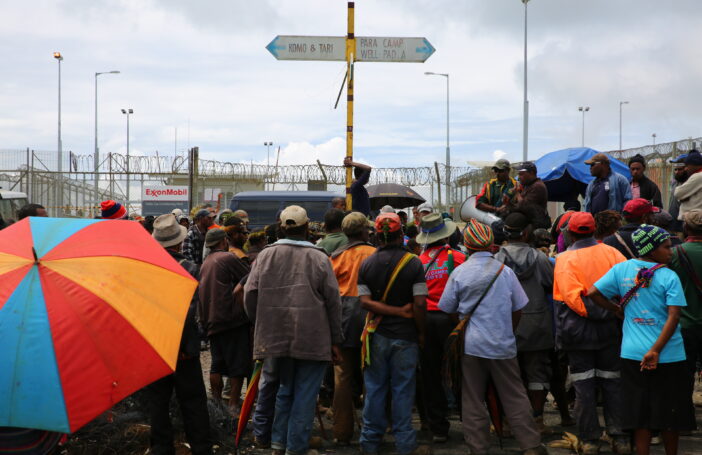Abstract:
Papua New Guinea’s Liquefied Natural Gas (LNG) project has been beset by an intractable ‘landowner problem’ since 2009, throughout its construction and operation. This paper begins by proposing that the problem has four different aspects or dimensions, each of which can be considered as a problem in its own right, and suggesting that would-be problem solvers in the national policy process have adopted three different approaches in their search for a solution. The roots of the problem and its possible solutions are traced back to a succession of policies and practices that have their origin in the late colonial period, and were subsequently applied to the development of major mining projects, as well as to the development of PNG’s oil export industry in the 1990s. Particular attention is paid to the way that the problem came to be addressed in the Oil and Gas Act of 1998 and to the way that this legislation framed the unsuccessful search for a solution during the negotiations that led to the agreements under which the LNG project now operates. The paper is primarily based on evidence assembled by the author during the period of his own direct engagement with the relevant policy process between 1993 and 2009.
Suggested citation:
Filer, C. 2019, ‘Methods in the madness: the “landowner problem” in the PNG LNG project’, Discussion Paper No. 76, Development Policy Centre, Crawford School of Public Policy, Australian National University, Canberra.

